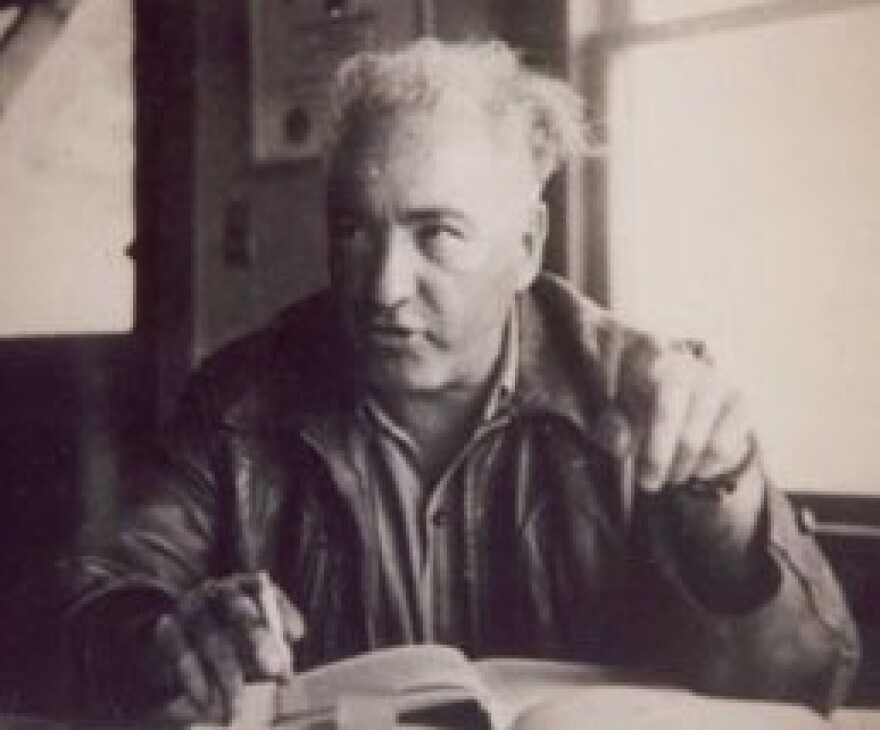Wilhelm Reich was a once promising psychoanalyst and scientist under the guidance of Freud in pre-World War II Europe. He promoted "sexual revolution" to support his belief that sexual repression was linked to the bodily and societal ills of neurosis and fascism.
He hoped to transform us in every sphere: health, marriage, economics, morality, and government. It was in sex, he believed, that we found the integrated self, liberated from the alienating culture and the authoritarian state.
This was a radical view in fascist Europe, forcing Reich to take his ideas to what he believed was a more liberal-minded America.
What he found was different: By the late 1940s, he had survived the Nazis by escaping to America, only to have all his books and work burned by the United States government.
His views alienated the scientific community -- who refused to try and replicate his earliest, and most promising scientific studies into the origins of cancer -- the Communist Party of which he was once a member, and the United States government. He came up against a perfect storm fear and puritanism in Cold War America.
In 1957, he died -- with barely a mention -- in prison in Lewisburg, Pennsylvania.
This hour, we explore the legacy of the forgotten Wilhelm Reich.
GUESTS:
- Kevin Hinchey - Co-director of the Wilhelm Reich Infant Trust and operates the Wilhelm Reich Museum in Rangeley, Maine; screenwriter working on a documentary of Wilhelm Reich
- James Strick - Professor and Chair of the Department of Science, Technology and Society, Professor of Earth and Environment, Franklin and Marshall College; author of Wilhelm Reich, Biologist
Join the conversation on Facebook and Twitter.
Colin McEnroe, Chion Wolf, and Greg Hill contributed to this show.





